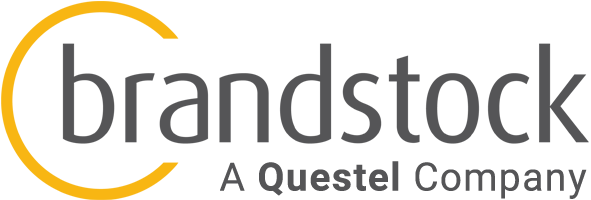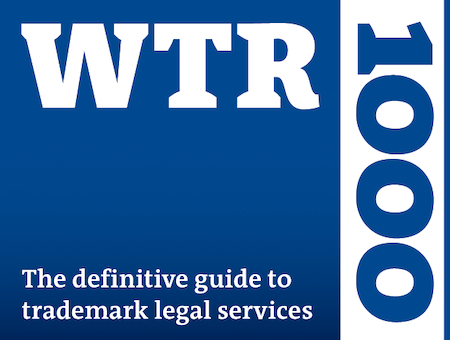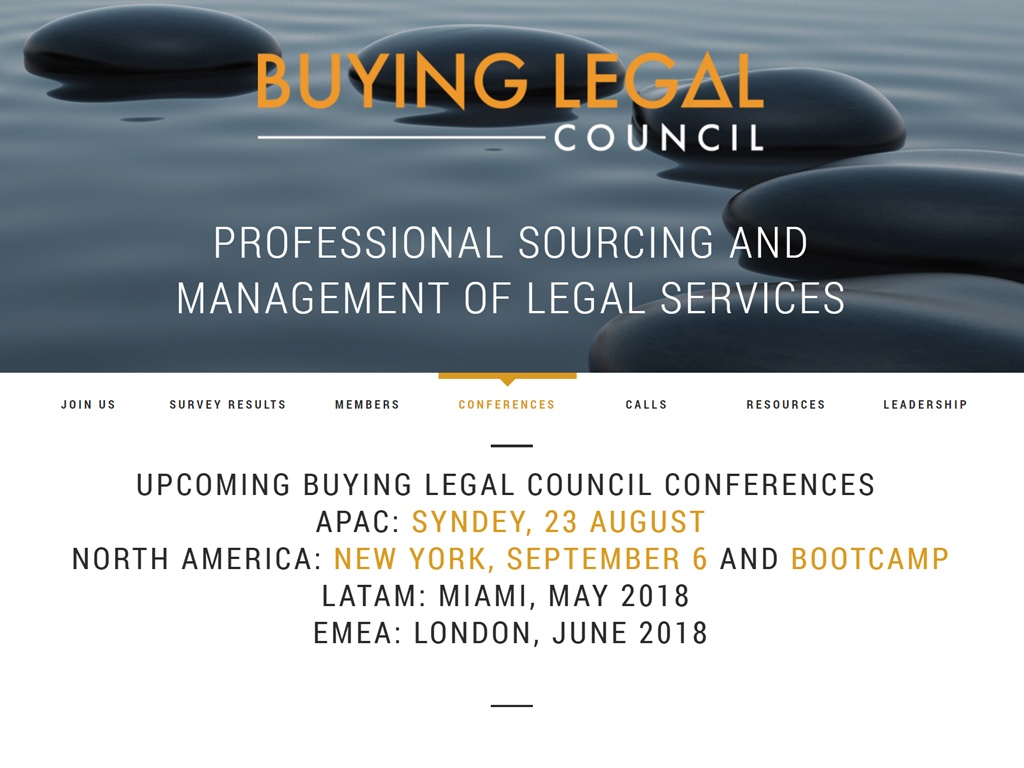When we compare the difference between the roles of trademark lawyers with those of marketers, there are significant differences between the knowledge and concerns between the two professions. However, when we see how these two roles work together in developing and using a trademark, it’s clear that a collaboration between these two roles can garner positive results for a business. The main question is how do you create a successful synergy between lawyers and marketers?
Want to know more?
Download our free Guide on external counsel IP network management
Identify the Roles and Responsibilities
When developing and using a trademark, defining the roles and responsibilities of your trademark lawyers and marketers provides transparency between your team members, even those members outside the legal and marketing teams. This is important for all your team members because many of your employees will encounter topics related to trademarks throughout their own tasks and projects so, by encouraging them to communicate with the relevant subject matter expert, you can save your business time, money and other resources.
Additionally, working with your team members to define specific roles and responsibilities establishes ownership over the necessary coverage areas in trademark management. In this way, they are clear about their responsibilities and the subject matter areas that they need to be knowledgeable about. Your management team can also define the tasks that cannot be covered by their in-house resources or that may be more cost-effective to outsource to an IP management specialist.
Build Trust and Encourage Communication
Once your team’s roles and responsibilities are defined, it’s important to encourage team members to share relevant information with each other and maintain as much transparency as possible. This can be encouraged in a few different ways:
1. Set up regular team meetings with the appropriate contributors or encourage team members to set up their own regular meetings to share updates, challenges and other information. This allows information to flow easily and it also provides a platform for your team to share challenges they may be facing, whereby other team members can provide feedback or resources that may assist in solving the issue.
2. Encourage team members to host webinars to educate other team members (or even partners and clients) about their area of expertise and responsibility. Not only does this encourages team members to get to know other areas of the business, it also establishes a level of trust between subject matter experts and your team, partners and clients.
3. Create an online platform where your team members can communicate easily with one another. Online collaboration platforms enable employees to setup topic-specific discussions and share relevant information, documentation and other resources needed to effectively communicate about issues. By setting up an online platform for these discussions, employees can also share answers to FAQs and easily find documents and communications that would otherwise be buried in their email inbox.
Educate Your Organization
From top to bottom, it is important for employees to understand the ramifications of certain actions, especially when dealing with trademark usage for marketing purposes. While marketing professionals are generally working to achieve success for the business, it is imperative that they work with a level of education on the legal aspects of trademarks.
One way to deal with this is for your trademark lawyers to provide guidance on when and how trademarks should be used for marketing purposes. An extra step that could be taken, which is very common, is to request your marketing team to work with the legal department to establish a style guide for your company. This should encompass various guidelines related to marketing, but it should also provide specific usage guidelines for any trademarks used by your organization. This document should be owned by marketing, usually the design or branding team, depending on the size of your overall marketing team.
In educating your employees, it is also important for your trademark lawyers to understand how trademarks will be used for marketing purposes. While a product development and legal team can spend significant time, money and resources in developing a trademark, the marketability of a trademark may be more important to its success. For this reason, the marketing team should be consulted early in the trademark development process and their feedback should be considered.











































































